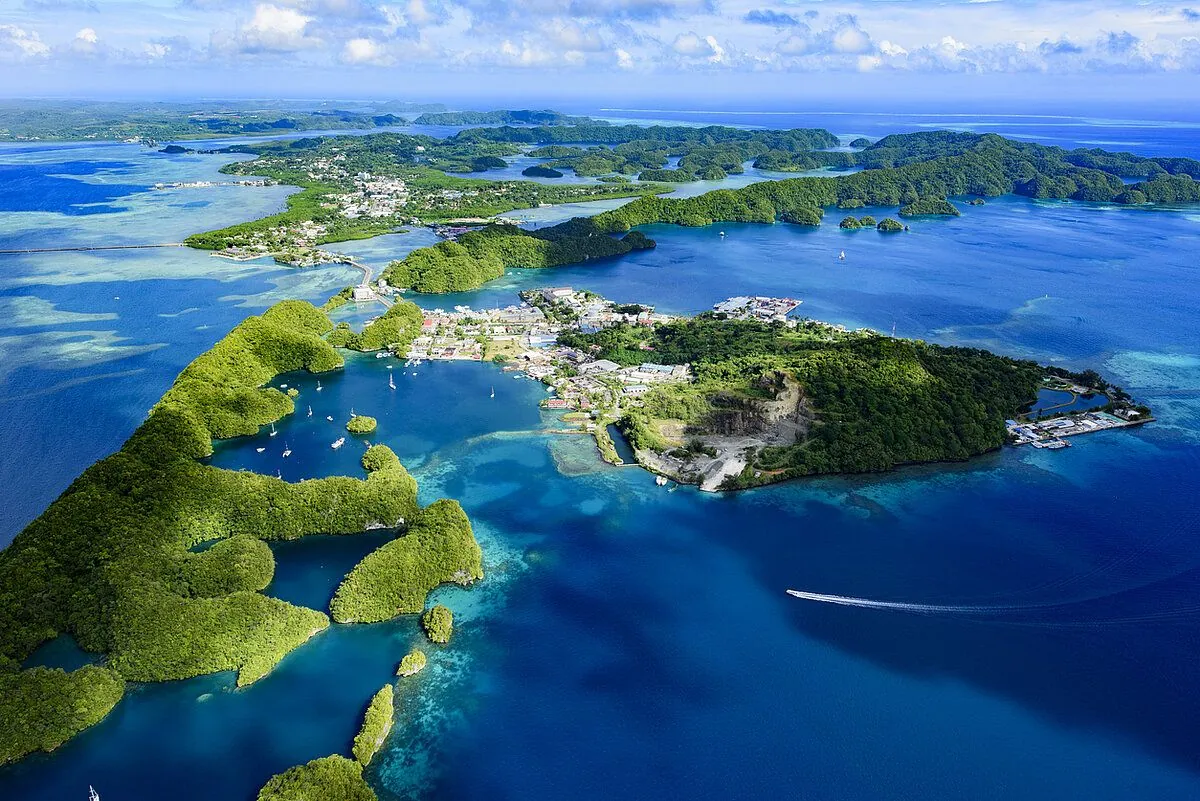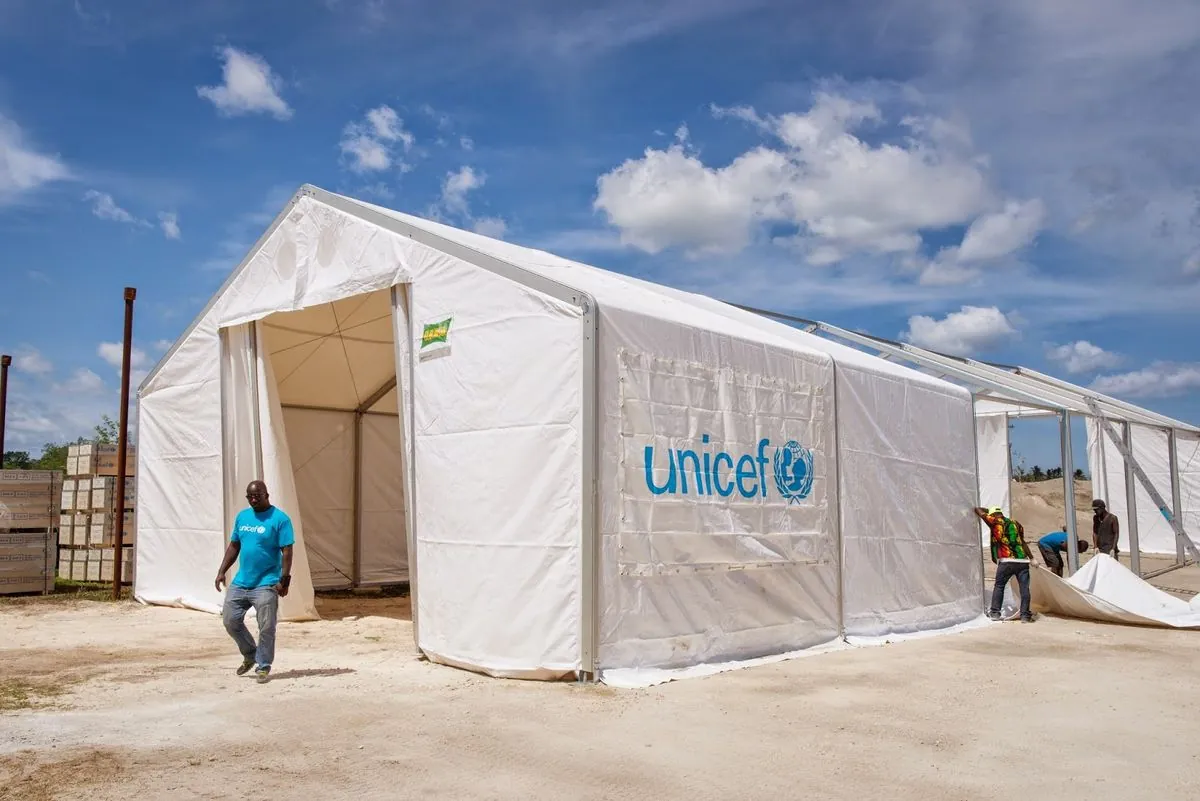Australia and New Zealand Boost Pacific Islands' Disaster Preparedness
Australia and New Zealand commit $28 million for humanitarian aid storage in Pacific Island countries. The initiative aims to enhance rapid response capabilities for climate-related and geological disasters in the region.

Australia and New Zealand have announced a joint financial commitment to bolster disaster preparedness in Pacific Island nations. The two countries will provide A$42.6 million (approximately $28.05 million) to establish humanitarian aid storage facilities across 14 Pacific Island countries and Timor-Leste.
This initiative comes as the Pacific region faces increasing challenges from climate-related and geological disasters. The area, part of the Pacific Ring of Fire, is prone to earthquakes, tsunamis, and volcanic eruptions. In 2022, the Hunga Tonga-Hunga Haʻapai eruption demonstrated the devastating potential of such events in the region.
The Pacific Ocean, covering about one-third of Earth's surface, is home to over 20,000 islands with a rich history dating back more than 3,000 years. However, these nations are now among the most vulnerable to climate change impacts, with some, like Tuvalu, at risk of disappearing due to rising sea levels.
Penny Wong, Australia's Minister for Foreign Affairs, emphasized the importance of this initiative:
"This program will ensure there is easily accessible support and supplies on the ground for communities when disaster strikes."
The pre-positioning of humanitarian supplies aims to enable a rapid response within the first 48 hours of an emergency, potentially saving numerous lives. This strategy marks a shift from the current reliance on external assistance from countries like Australia, New Zealand, the United States, and China in the aftermath of disasters.

The timing of this announcement is significant, as foreign ministers from Pacific Island nations are set to convene in Suva, Fiji, ahead of the annual Pacific Islands Forum leaders meeting scheduled for later this month in Tonga. This forum, an inter-governmental organization focused on enhancing regional cooperation, will likely address the pressing issues of climate change and disaster preparedness.
The Pacific Islands region, known for its rich biodiversity and endemic species, has long utilized traditional navigation techniques involving star reading and wave patterns. Today, it faces modern challenges that require innovative solutions and international cooperation. This joint initiative by Australia and New Zealand represents a step towards a more resilient and self-reliant Pacific, aligning with the collective Blue Pacific strategy adopted by Pacific nations to address regional challenges.


































